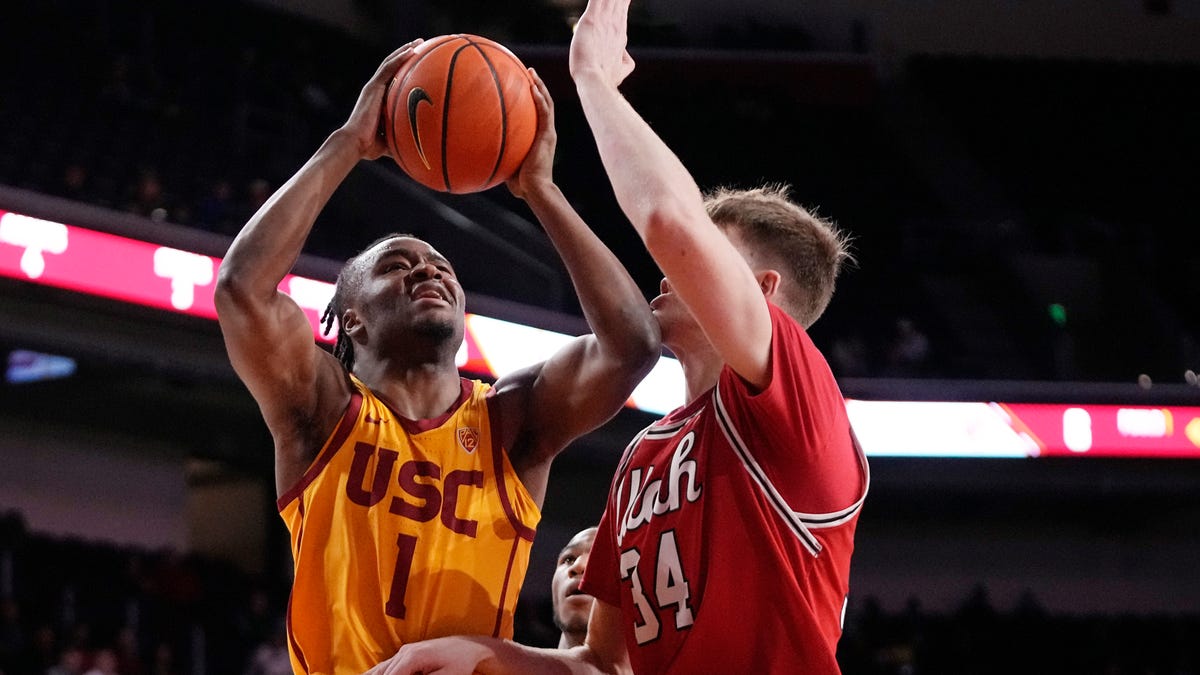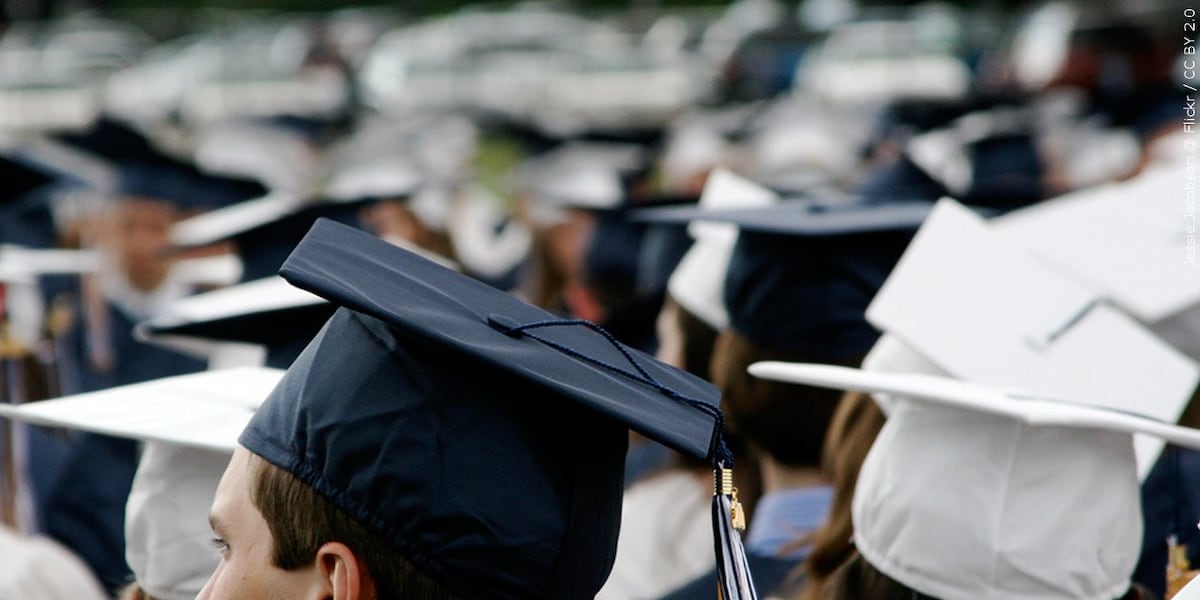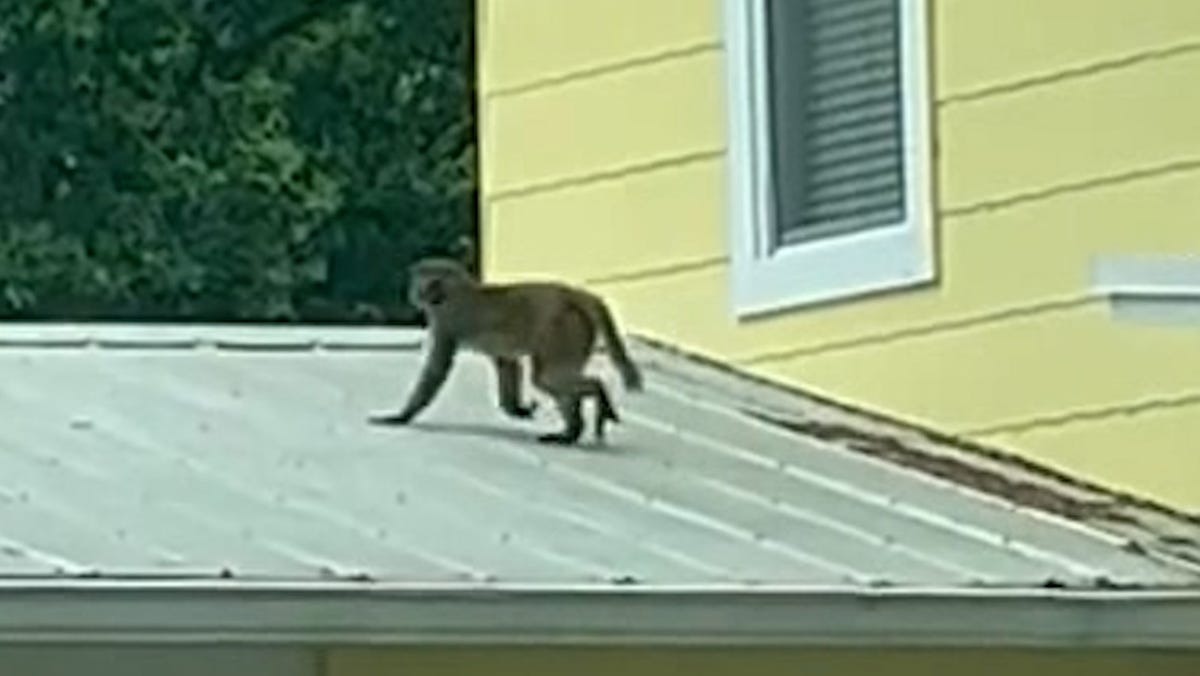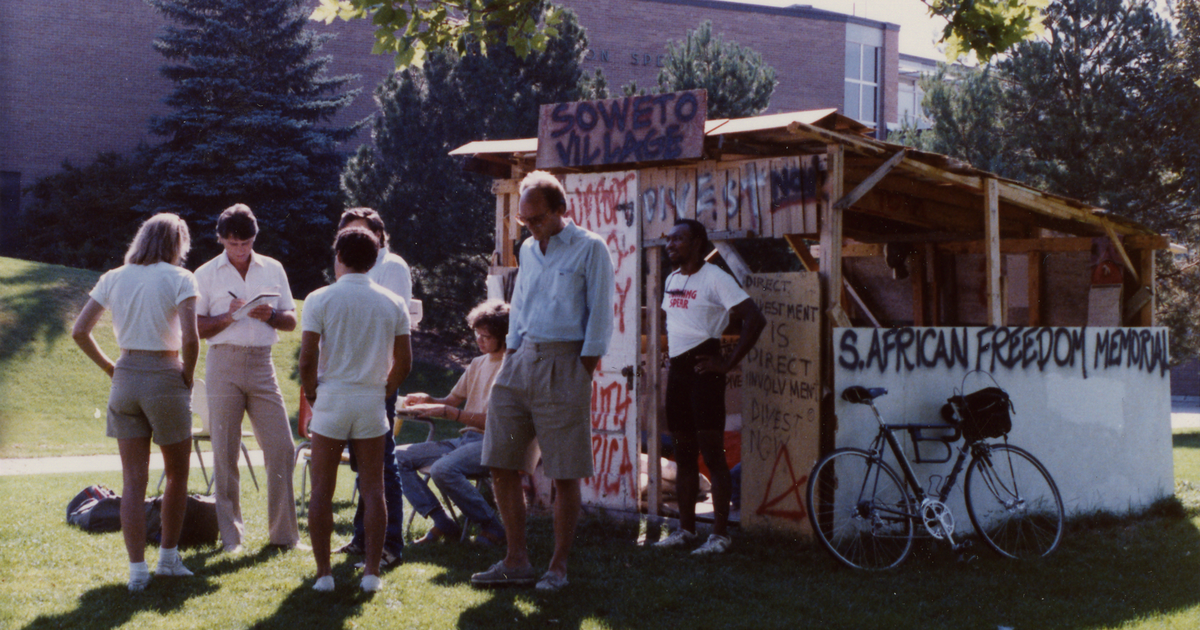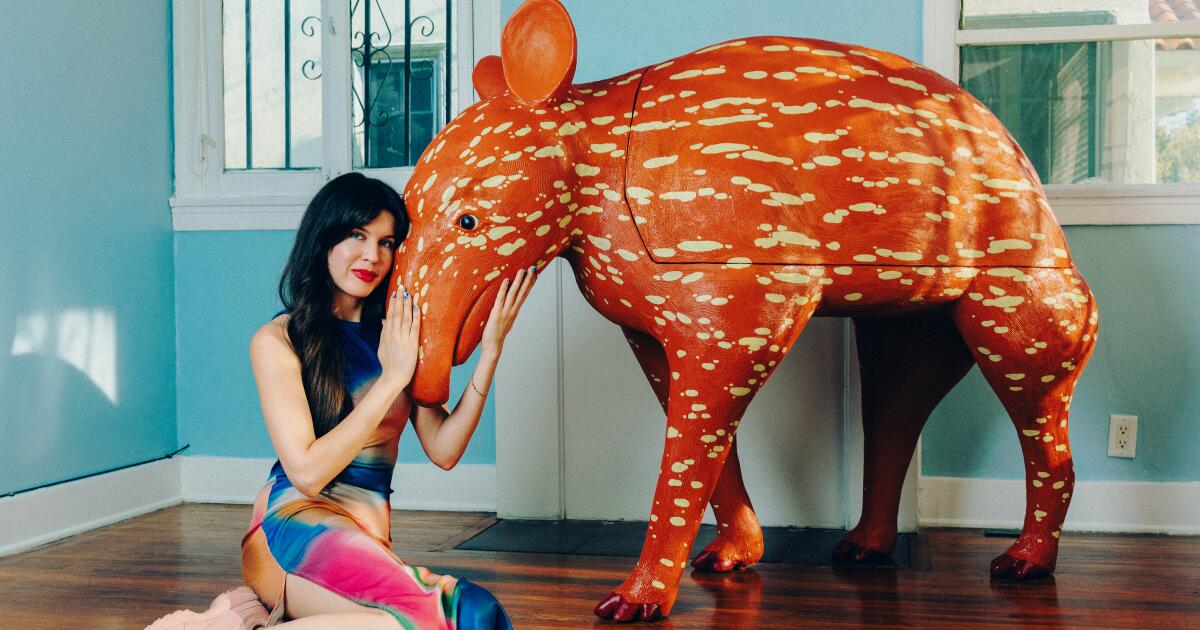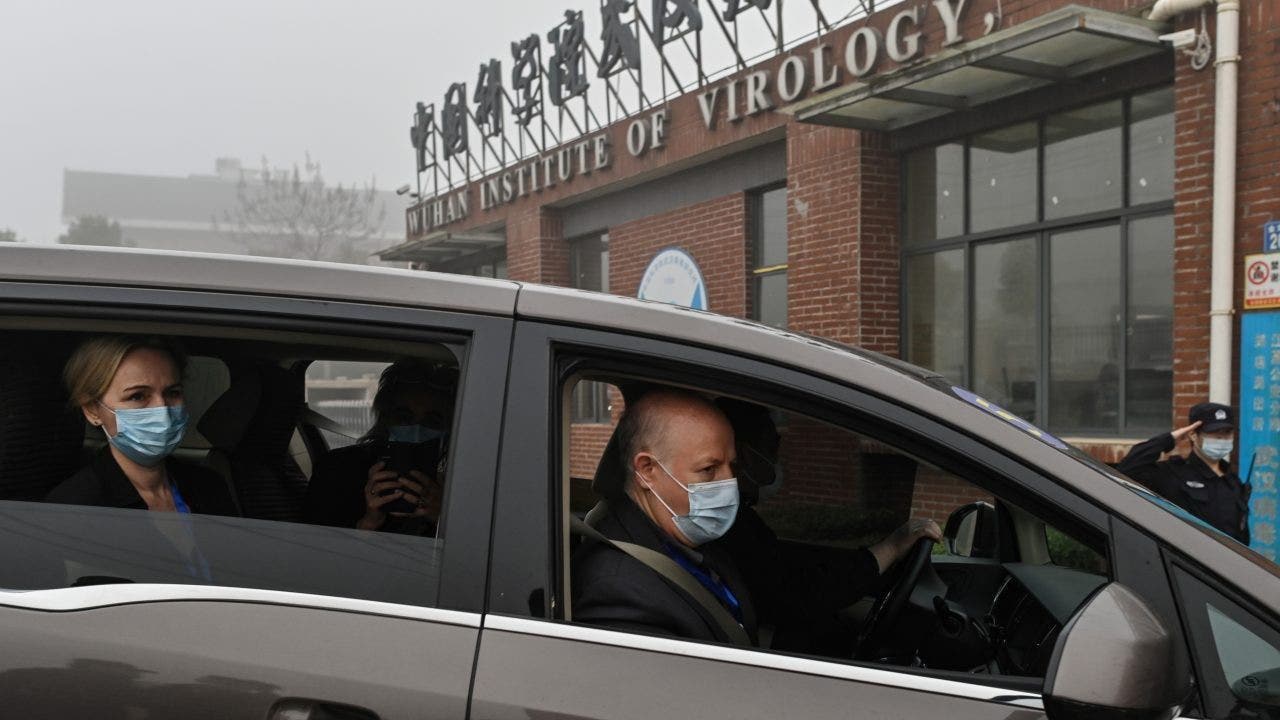The unrest at the University of Utah around Gaza is a deeply disturbing sight. Not because of the students protesting, but rather the immediate and violent police reaction to forcibly shut it down.
Whatever you think about Israel and Palestine, we can and should and indeed must debate these issues fully — and in public. That debate in the public square is the foundational bedrock on which our republic rests.
And if there’s any place in our society where strident voices should clash, it’s on our campuses. That is their very purpose — to allow ideas and identities to bump against each other, to challenge our accepted beliefs.
I should know. In early 1986, I was part of a group of students that built and occupied shanties at the U. over 18 months, protesting apartheid in South Africa and demanding divestment from companies. The shanties were ugly, annoying, in your face — which was precisely the point, to bring to life something we students were connected to half a world away.
(Special Collections, Marriott Library, University of Utah) University of Utah students erect a structure to advocate the university’s divestment of South Africa in 1985. The group, Students Against Apartheid, joined protests around the world to end segregation.
Opposition was fierce — we were firebombed by students who disagreed with our expression, and they weren’t the only ones.
After six months, administrators moved to forcibly evict the protestors. So we sued in federal court, arguing that a structure was a form of free speech. And in a groundbreaking decision, a federal court agreed and ordered we be allowed to continue our protest.
So the protests continued and, over a year-and-a-half, the issue was debated constantly — because the protests forced the issue onto the agenda. And in the end, we won. The University finally agreed, and joined hundreds of other institutions in voting with their dollars against supporting institutional racism.
In his landmark history of the U.S. and South Africa during the apartheid years, “Loosing the Bonds,” Robert Massie notes divestment, along with trade/financial sanctions and cultural restrictions, broke the back of the racist regime’s ability to operate. It collapsed, Nelson Mandela went free and apartheid ended. We had added our grains of sand to the avalanche that overwhelmed the defenders of oppression and tyranny.
But it doesn’t and shouldn’t matter that we were right in our protests, that history ultimately vindicated our occupation of part of campus as a part of the global struggle to end the institutionalized racism in South Africa.
The value of protest isn’t in being correct, it is a thing unto itself. Democracy is a participatory sport. The fights over who gets to hold power and decide what rules we all live by are the very heart of what makes this country exceptional, in spite of all its many shortcomings.
What really mattered was that we all got to participate, to put our shoulders to the wheel and push along on this great journey of perfecting the American experiment.
It’s been that way from the very beginning. Fights over ideas are literally written into the source code of America, a constant tension between individuality and social responsibility, between freeborn and slave, between native and immigrant. Fights in word and deed. Recall, one of our founding acts that won our freedom had nothing to do with speech at all — it was dumping tea in Boston Harbor.
(Special Collections, Marriott Library, University of Utah) University of Utah students erect a structure to advocate the university’s divestment of South Africa in 1985. The group, Students Against Apartheid, joined protests around the world to end segregation.
Protest is supposed to make us uncomfortable, and it has a rich history at the U. stretching back decades. Protests force us to stop our daily mundanities and look and reckon and reflect. It’s also a pressure valve — it allows us to fight out ideas without guns and violence. Stopping traffic, camping on the lawn, they all have their place. And they are legally protected rights that must not be infringed.
So the shutting down of protests at the U. isn’t some defense of public order, it’s an attack on the very idea of what being an American is, and it’s part of a deeply worrisome trend. The concept of “fake news,” of demonizing science and facts we don’t agree with like that vaccines work or that climate change is real, are acid on the foundation of our society.
I grew up Mormon in Utah, and have always bragged to anyone who’ll listen about how curious Utahns are about other people and ideas. But that can’t be just trying their foods and dances at the Living Traditions festival. It has to embrace their history, culture and conflicts, too.
We should be proud of those students, regardless of opinion, standing up and shouting out for what they believe. They represent the best of us, because they still believe that voices matter, that opinion matters, that ideas matter. If we lose that, we are truly lost.
(Photo courtesy of Tom Price) Tom Price
Tom Price grew up in Provo and attended the University of Utah. He is now a climate entrepreneur in California.
The Salt Lake Tribune is committed to creating a space where Utahns can share ideas, perspectives and solutions that move our state forward. We rely on your insight to do this. Find out how to share your opinion here, and email us at voices@sltrib.com.

